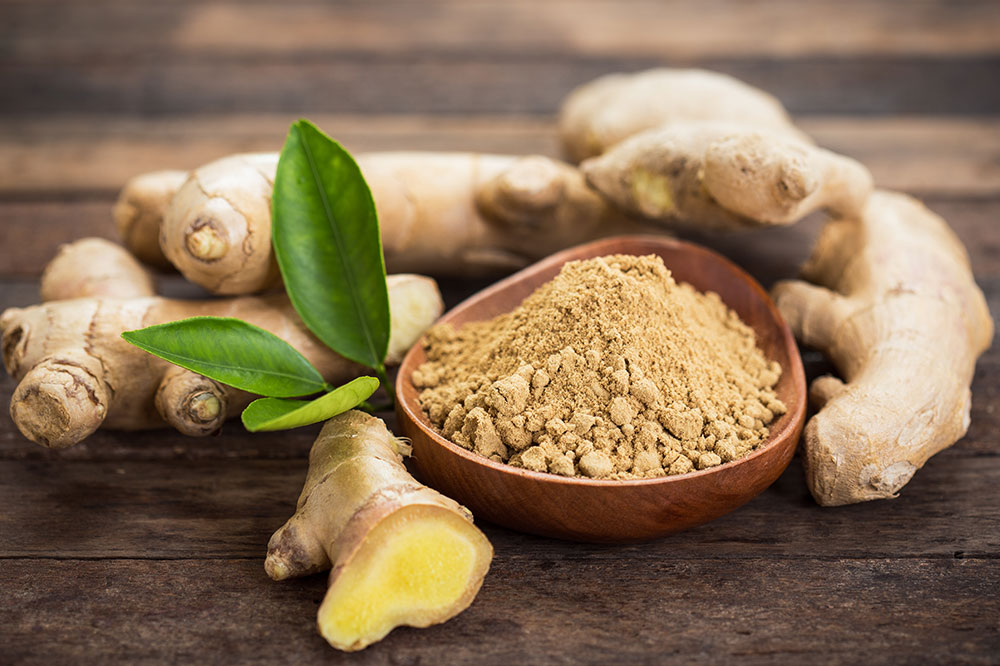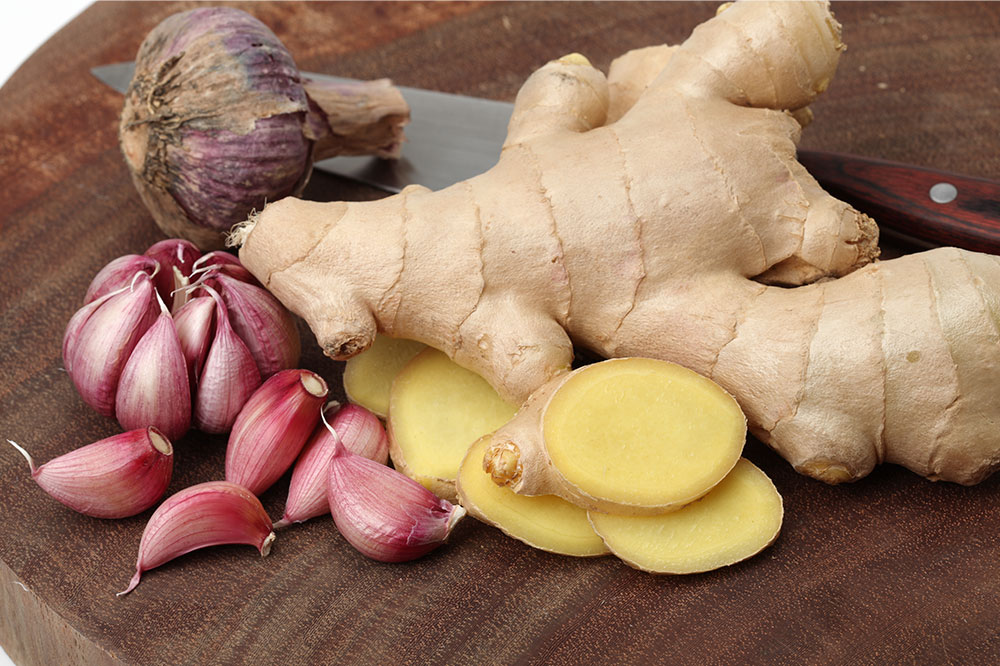Dietary Strategies for Preventing and Managing Nasal Polyps
Discover effective dietary strategies to prevent and manage nasal polyps. Learn which foods to incorporate, such as spicy capsaicin-rich options, antioxidants, vitamins, omega-3s, and hydration, while avoiding allergens and inflammatory foods. Simple home remedies like nasal irrigation can also provide relief. These guidelines help reduce inflammation, strengthen immunity, and promote healthier sinuses naturally.
Sponsored

Diet Tips to Prevent and Alleviate Nasal Polyps
Nasal polyps are benign growths along the sinus lining that can obstruct airflow and cause breathing difficulties. Chronic inflammation and environmental allergens often contribute to their development. Adjusting your diet and avoiding certain foods can help reduce inflammation and lower the risk of polyps forming. Here are key dietary recommendations to support sinus health and prevent nasal polyps.
Foods to Include:
Spicy foods containing capsaicin
Capsaicin, found in cayenne pepper, helps reduce inflammation and clears nasal congestion by opening nasal passages. Drinking cayenne pepper tea or using capsaicin nasal sprays under medical guidance can provide relief.
Antioxidant-rich foods to combat free radicals
Brightly colored fruits and vegetables like apples, berries, citrus fruits, cherries, red onions, broccoli, and capers are high in flavonoids and quercetin, which strengthen immunity and counteract cell damage caused by free radicals, helping prevent nasal polyps.
Vitamins that Aid Sinus Health:
Consuming foods rich in vitamins A, C, E, and beta-carotenes helps protect the sinus lining from oxidative stress. Essential sources include carrots, spinach, pumpkins, citrus fruits, mangoes, and berries. These nutrients bolster tissue resilience against inflammation and polyp growth.
Omega-3 fatty acids and Selenium
Include omega-3-rich options like salmon, mackerel, sardines, and anchovies to reduce inflammation. Selenium, found in Brazil nuts, walnuts, and lean red meats, also supports immune health and combats inflammation. Avoid omega-6 fatty acids, which may promote inflammation.
Hydration for sinus health
Drinking plenty of water helps keep mucus thin, preventing blockage and reducing allergen adherence. Water intake should be prioritized over sugary or carbonated drinks.
Foods to Limit or Avoid:
Avoid foods that trigger allergies or inflammation, such as gluten, soy, eggs, dairy, processed foods with preservatives, artificial colorings, and flavorings. These can exacerbate inflammation and increase the risk of polyps. Opt for organic, preservative-free options to boost immunity and reduce allergen exposure.
Home Remedy for Sinus Relief:
Using a neti pot with lukewarm saline solution can help flush out nasal passages, removing mucus and allergens. This nasal irrigation technique offers a natural way to alleviate sinus congestion and support nasal health.






